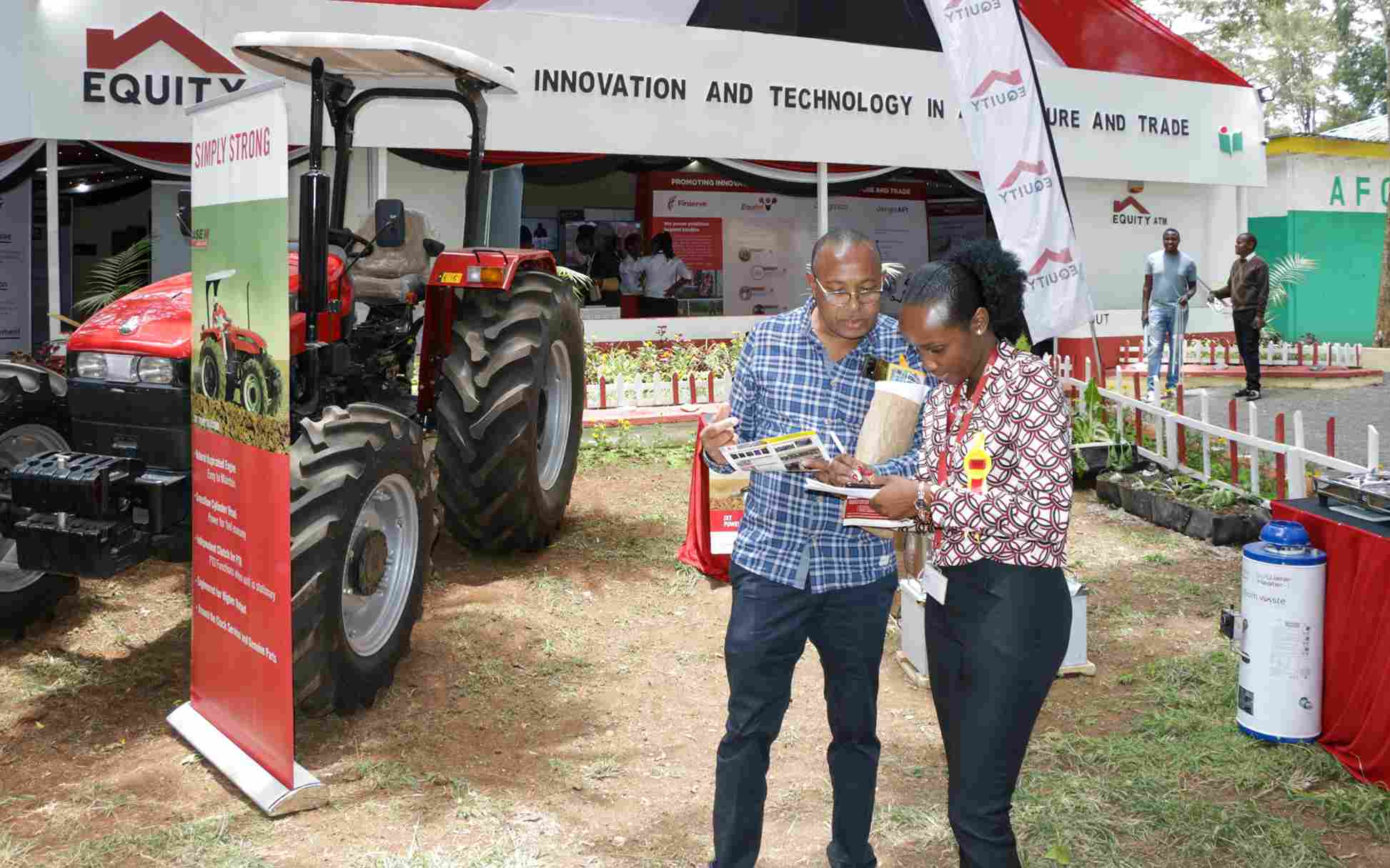Agriculture is the backbone of Kenya’s economy; however, some of the challenges the sector is experiencing in emerging markets, especially for smallholder farmers, are inadequate access to financing, inputs such as fertilizer, seeds, tools, training, and the knowledge provided by agricultural extension services to increase their yields.
Improving the sector and its productivity is critical to ensuring food security.
Agricultural finance empowers farmers to increase their wealth and facilitates the development of food value chains. Financial institutions, therefore, play a critical role in accelerating the sector’s growth by providing training to farmers, tailor-made financial services, and long-term funding to support sustainable agriculture and agri-food value chains.
Equity Group’s “Africa Recovery and Resilience Plan” aims to rebuild the African economy by enhancing agriculture and extractive value chains. The plan has prioritized food and agriculture as key pillars that will improve food security and provide raw materials for industries.
The bank has developed tailored solutions to assist farmers to invest in water harvesting, the sinking of boreholes, and the establishment of climate-smart irrigation systems.
Equity Group also supports farmers, agrovets, and agro-dealers to grow their businesses by providing them access to loans to acquire farm inputs such as certified seeds and farm machinery. The bank has a training program to equip farmers with knowledge and skills on how to run their farming business through financial literacy training.
As a response to the prolonged drought situation that the country and the region have experienced over the last few years, Equity has developed tailored solutions to assist farmers to invest in water harvesting, the sinking of boreholes, and the establishment of climate-smart irrigation systems.
The bank has also set aside funds to support farmers’ investments in climate-smart agricultural activities such as the establishment of feedlots for livestock, and zero- and low-tillage farming, among other solutions.
Access to loans and training
In addition, it is supporting farmers, agrovets, and agro-dealers to grow their businesses by providing them access to loans to acquire farm inputs such as certified seeds and farm machinery. The Bank also has a training program to equip farmers with knowledge and skills on how to run their farming business through financial literacy training and mentorship.
Most of this funding, has, among other things supported farmers to improve water access, install water-efficient irrigation systems, and acquire quality and high-yielding seeds as well as drought-resistant seeds and other farm inputs.
These investments are meant at making agriculture more resilient and adaptive to climate change.
In the ‘Africa Recovery and Resilience Plan,” Equity aims to grow the Food and Agriculture loan portfolio to 30% of the total loan book, underpinning the Group’s commitment to contributing to food security.
This growth will be achieved through the capacity building of farmers to adopt sustainable farming practices and by capacitating MSMEs and other actors in the value chain that populate agricultural value chains and ecosystems.
Financial institutions have the potential to help provide the needed capital for farmers to begin practising sustainable farming, which would otherwise be unattainable for them.
When financial institutions and farmers partner, they can discover new possibilities that lead to a better understanding of what can be done to increase long-term viability and profitability.




